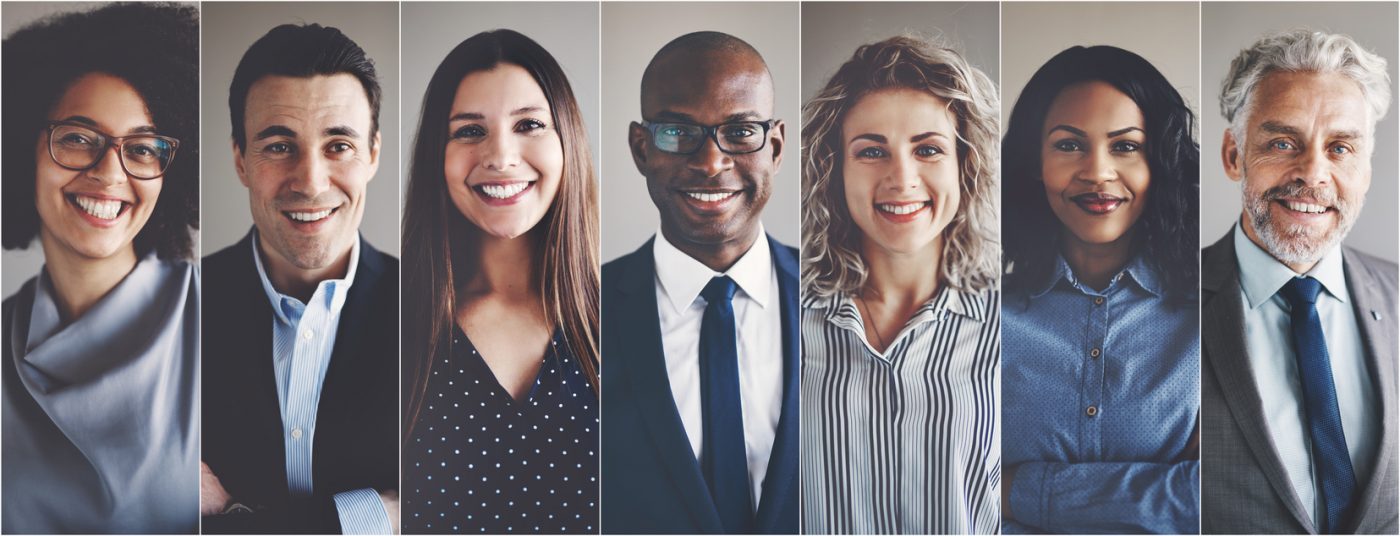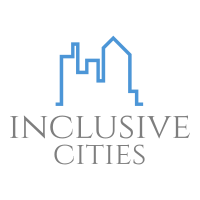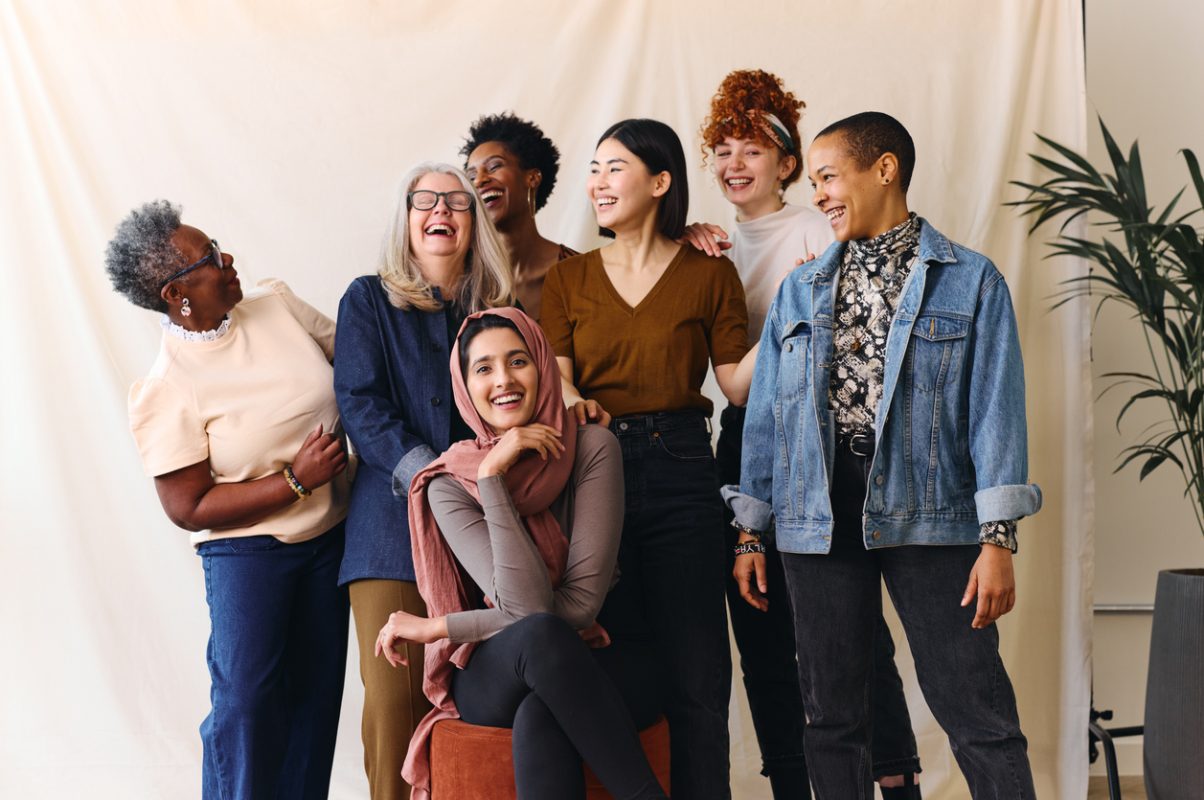“Empowerment” has become an extremely popular concept, a buzz-word that appears in the description of almost every educational project that addresses people at risk of exclusion. Empowering sounds great – hearing it makes us envision our beneficiaries improving their life conditions and becoming happier. But what if we have been using the concept wrong?
If we look at the definition, according to Oxford Dictionary empowerment stands for “the process of becoming stronger and more confident, especially in controlling one’s life and claiming one’s rights.” Sounds clear enough, but unfortunately it seems to be one of these concepts or ideas that are easier said than done.
How do we approach empowerment then? Our practice of working with adults at risk shows that many organizations really do put a lot of effort to design their projects in a way that helps their beneficiaries develop crucial competences, such as confidence, ability to speak up and fight for their rights, leadership skills etc. We can teach these quite successfully, at least judging by the evaluation forms where our participants very often say that they feel more confident, and they are committed to taking actions to improve things, both on personal and community level.

f it works so great, how come we do not really see the change happening as often as we wish? At Fundacja Autokreacja (Autokreacja Foundation) we have been thinking about it quite a lot, analysing our own approach to education and empowerment. Observing many projects done by us and other NGOs we came to a conclusion that the challenge is that very often organizations who want to empower approach their beneficiaries from the position of the experts who know what is best.
This is not to say that we don’t conduct need assessment (we do!), but in many cases this assessment is done mostly by analyzing statistics, documents, and trends combined with our observations. We see high unemployment rates among young adults, so we run entrepreneurship classes. Migrants and minorities are feeling alienated, so we organize community integration. Seniors suffer from feeling hopeless, so we implement intergenerational activities.
These ideas and projects are often really brilliant and help many people, but the problem here is that we do not spend enough time and energy to really ask our beneficiaries what they really need and then just help them do it in their own way, with our role being limited to giving supporters rather than initiators.
To address this, together with our partner coming both from the NGO sector and local municipalities, we designed a project that is focused on exploring, testing, and structuring creative need assessment methods. We Belong: Creating Safe and Diverse City Spaces aims at rethinking empowerment and learning how to support local communities by implementing micro projects and initiatives that are led by adults in the way they really need and want.
As a result of the project, we will be publishing a Tool Kit on creative needs assessment as well as a digitalized training course on implementing projects in urban communities. Through this, we hope to contribute to a larger debate on empowerment and the role of NGOs and governmental in supporting adult learners with fewer opportunities.

